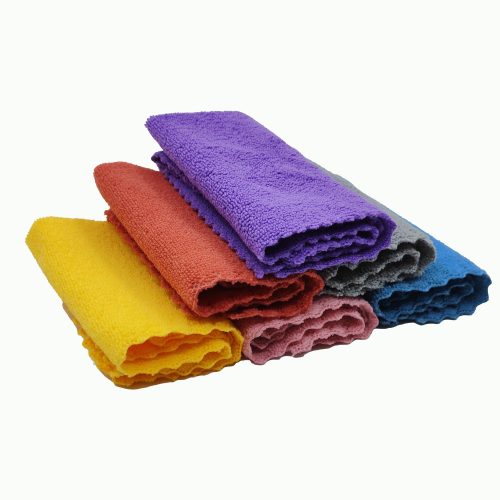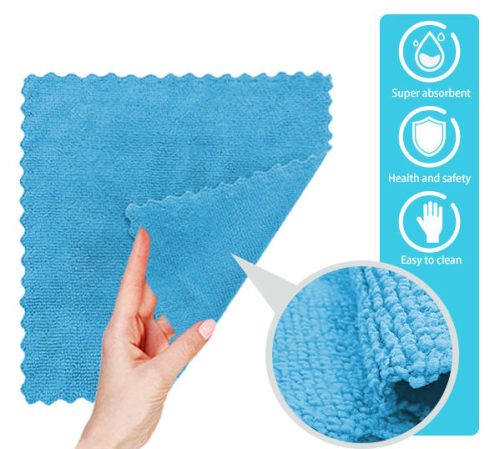Eco-friendly towels and sustainable soaking methods have gained significant attention as part of the broader movement toward environmentally conscious practices in the textile industry. Several approaches and materials contribute to creating eco-friendly towels and sustainable soaking methods:
- Organic and Sustainable Materials: Towels made from organic cotton, bamboo, hemp, or linen are popular choices for eco-friendly options. These materials are grown using sustainable farming practices that minimize environmental impact by reducing water usage, eliminating harmful chemicals, and promoting soil health.
- Recycled Materials: Towels made from recycled fibers or post-consumer materials are environmentally friendly. Some towels incorporate recycled cotton or polyester fibers, contributing to reducing waste and promoting circularity in textile production.
- Low-Impact Production Processes: Towels manufactured using low-impact or eco-friendly production methods, such as water-saving dyeing techniques or energy-efficient manufacturing processes, help minimize the environmental footprint of towel production.
- Certifications: Look for towels certified by organizations such as GOTS (Global Organic Textile Standard) or OEKO-TEX, which ensure that the products meet specific environmental and social criteria throughout the production process.
- Water-Efficient Soaking Practices: Sustainable soaking practices involve using less water during the production, use, and washing of towels. Encouraging shorter showers or air-drying towels instead of using a dryer can contribute to water conservation.
- Durability and Longevity: Eco-friendly towels are often designed to be durable and long-lasting, reducing the frequency of replacement and minimizing waste. High-quality towels made from sustainable materials tend to retain their functionality and appearance over time.
- Minimal Packaging and Biodegradability: Eco-friendly towels often come with minimal or biodegradable packaging, reducing waste. Towels made from natural fibers tend to biodegrade more easily at the end of their lifecycle, minimizing their environmental impact.
Consumers increasingly seek eco-friendly and sustainable alternatives in their purchasing decisions, prompting manufacturers to innovate and offer more environmentally conscious options. Always look for certifications and information about the materials used in towels to ensure they align with your sustainability preferences. Additionally, caring for towels by following sustainable practices, such as washing them in cold water and avoiding harsh chemicals, can further extend their lifespan and reduce environmental impact.


